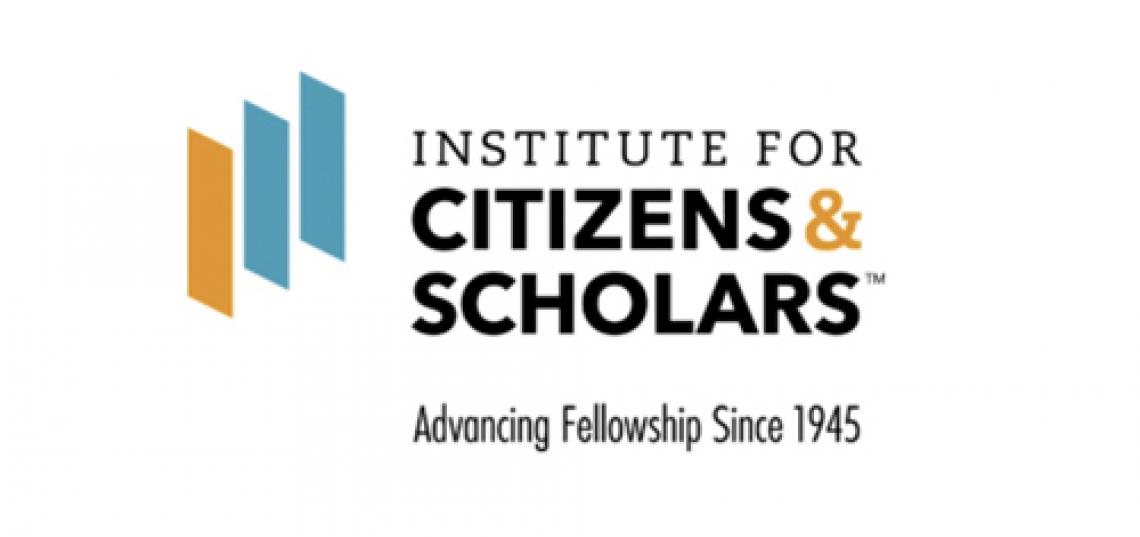
Omar Hammad, a Ph.D. candidate at SC&I whose dissertation, “Digital Islam: The Emergence of Muslim Counterpublics on Social Media” explores Islam, racial identity, gender, and civic engagement on social media, has been named a 2021 Charlotte W. Newcombe Doctoral Dissertation Fellow by The Institute for Citizens & Scholars based in Princeton, N.J. As a fellow, Citizens and Scholars will award Hammad $25,000 to support his final year of dissertation work.
According to The Institute for Citizens & Scholars (formerly named the Woodrow Wilson National Fellowship Foundation), “The Newcombe Fellowship is the nation’s largest and most prestigious award for Ph.D. candidates in the humanities and social sciences addressing questions of ethical and religious values.”
Associate Professor Regina Marchi, Hammad’s Ph.D. advisor, noted the fellowship is extremely competitive, and Hammad is one of only 22 to receive the award this year, from a pool of 450 applicants submitted nationally.
“Omar has worked very hard under extremely difficult circumstances,” Marchi said, “not only trying to teach and conduct research during a pandemic, but also home schooling his 7-year old at the same time and welcoming his second child into the world last January. Yet he has not skipped a beat with his research, actually recruiting MORE participants than he had originally hoped for. He is really excited about what he is learning through his research and the Newcombe Fellowship will allow him to focus full-time on finishing his dissertation in the next year."
In May 2021 Hammad was also named an “Outstanding Student in Media Studies in the Ph.D. Program” by SC&I during its annual Honors Day awards celebration.
According to the website, Citizens & Scholars’ name was changed in November 2020 when the Board of Trustees of the Woodrow Wilson National Fellowship Foundation “adopted a new name and mission statement: The Institute for Citizens & Scholars (Citizens & Scholars) prepares leaders and engages networks of people and organizations to meet urgent education challenges. The overarching goal is to shape an informed, productively engaged, and hopeful citizenry. This new identity reflects the organization’s twin commitments: to strengthen American education and to rebuild a flourishing civil society.”
The website explains the institute “has its roots in the Woodrow Wilson Fellowships founded at Princeton University in 1945. The Fellowships, initially designed to recruit returning World War II veterans into college teaching, were named for Princeton’s best-known president, who had introduced college teaching reforms during his time at Princeton.” In the 1950s the institute became independent from Princeton University and was renamed the Woodrow Wilson National Fellowship Foundation.
More information about the Ph.D. Program at the Rutgers School of Communication and Information is available on the website.
